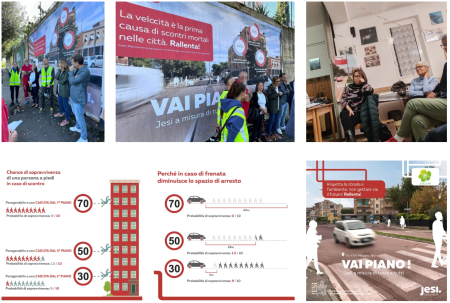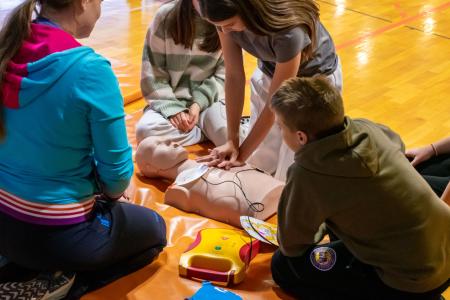Road Safety: e-scooter national rules
E-scooters have very rapidly become a popular mode of transport and are expected to remain attractive for years to come. However, the use of e-scooters can be dangerous, primarily for the e-scooter user, but also for other road users. In Austria, the number of injuries in e-scooter accidents has multiplied. In 2024, there were 7,500 e-scooter riders treated in hospital.






